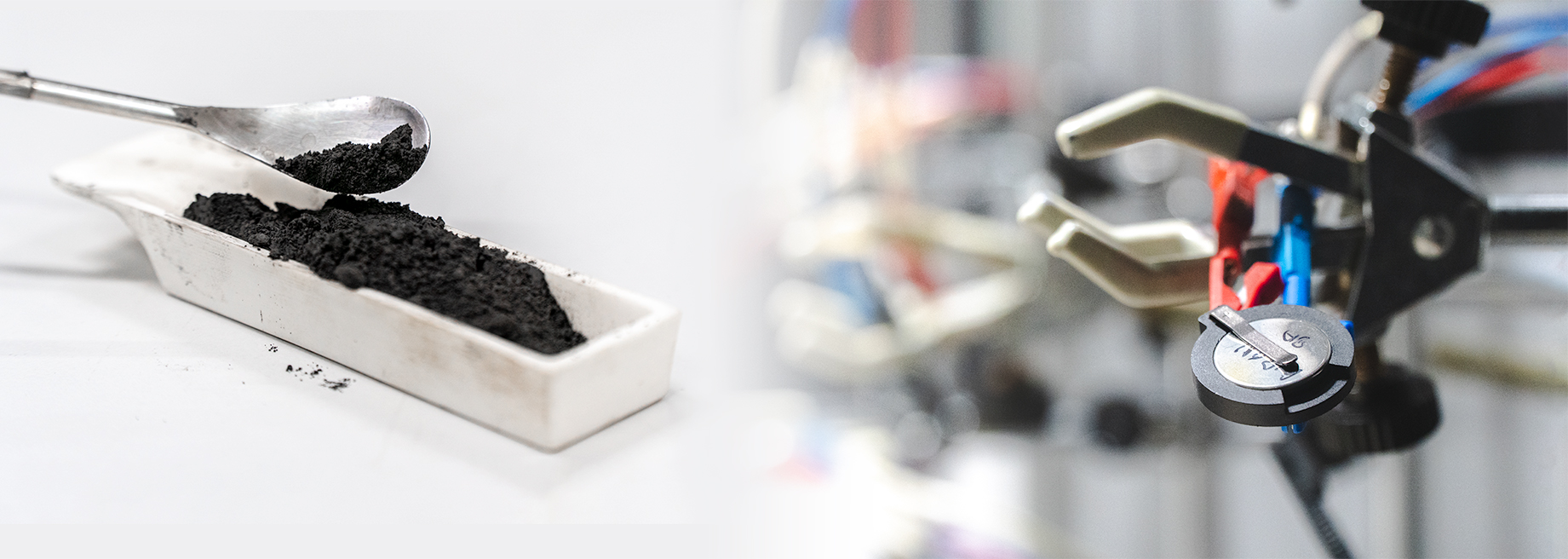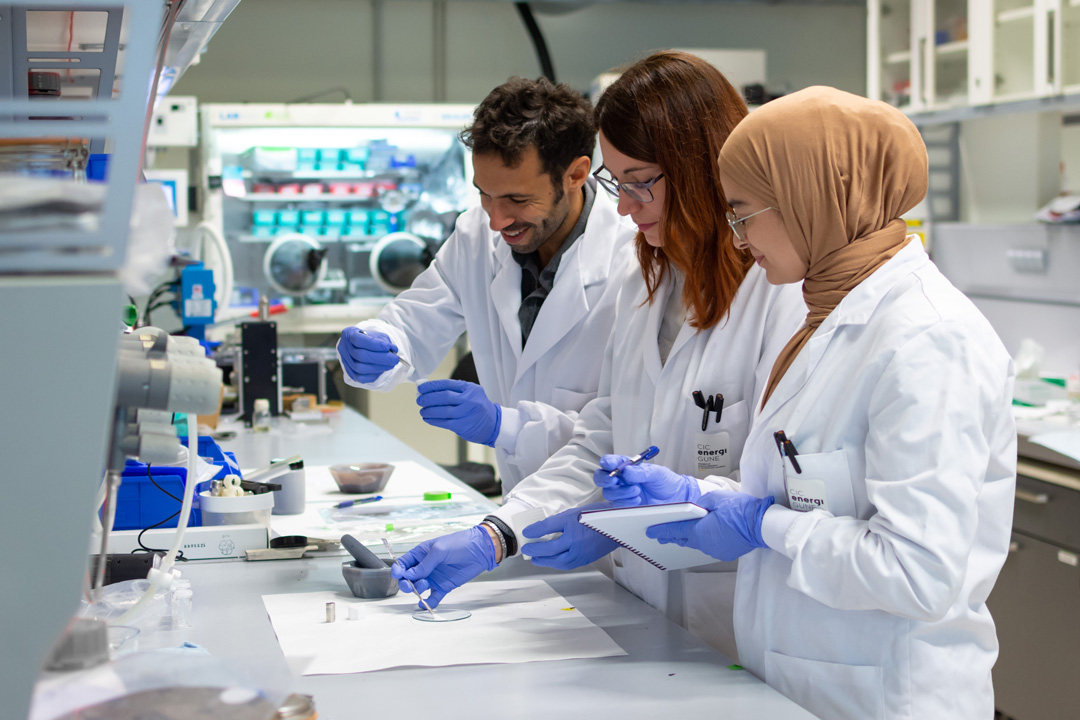CIC energiGUNE, the Basque research center of reference in battery storage, thermal energy solutions and hydrogen technologies, and member of the Basque Research & Technology Alliance-BRTA, participates in the European project SEATBELT, included in the Horizon Europe call of the European Commission, with the objective of facilitating the development of new-generation battery cells based on Lithium Metal anode that offer high performance to the storage industry.
“Solid-state Gen. 4b Metal-Lithium batteries have excellent prospects to meet the cell of the gravimetric density specifications required by the different stationary and electromobility applications” has assured Pedro López-Aranguren, PI of the project at CIC energiGUNE. “The main objective of SEATBELT is to develop a battery cell that offers everything that the electromobility and stationary industries require in order to make the definitive step towards this technology”, he has said.
SEATBELT’s solid-state lithium-metal battery cell within hybrid electrolyte in situ is designed to achieve high energy densities (>380 Wh/kg) and long cyclability (>500 cycles). Likewise, it will be manufactured using a low-cost solvent-free extrusion process comprising a combination of innovative materials: thin lithium metal, hybrid electrolyte, a safe cathode active material without critical components and a very thin aluminum current collector.





